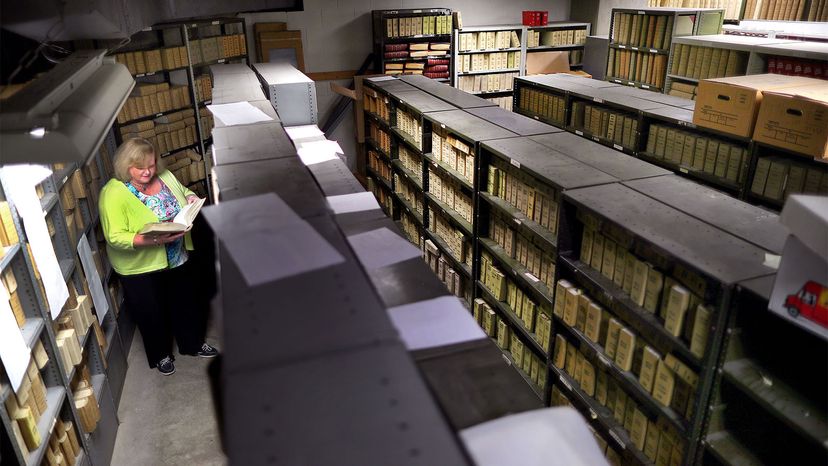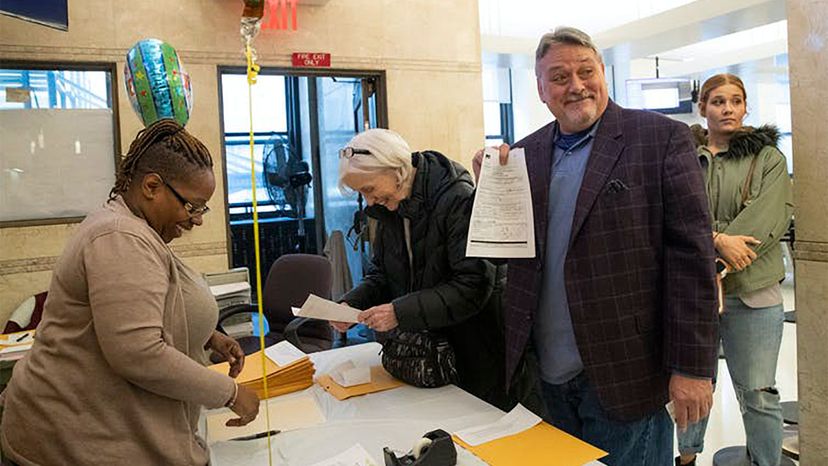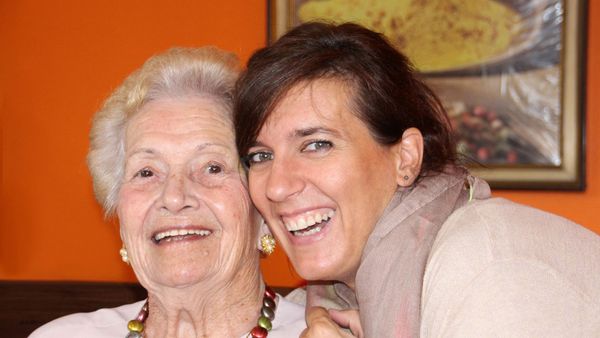To bridge the gap, state-run confidential intermediary services now exist in many states. The services enable adoptees and their biological family members to search for one another. If the sought-after person does not wish to have contact with the seeker, all records are resealed and no information is given. Fees vary from state to state, and many are prohibitively expensive. Colorado's is $875, for example.
The expense is not the only downside. Intermediary services are often cited by those opposed to legislation allowing access to original birth certificates. They argue that the originals are not needed because the intermediaries offer a legal alternative to find biological relatives.
Another argument against unhindered access is that birth families who believed they would remain anonymous would receive unwanted contact from those placed in adoption.
But there is evidence to the contrary. In states offering unrestricted access such as New Hampshire, less than 1 percent — 0.74 percent — of birth parents have indicated they didn't want to be contacted by their relinquished children.
Gregory Luce, founder of Adoptee Rights Law Center, says there is a trend favoring unrestricted rights, especially among younger legislators.
"They really don't see it as a big issue," Luce explained in an email exchange I had with him recently, "particularly since DNA and other tools that have developed over the years can 'out' birth parents much more publicly than the release of a person's own birth record."
In 2016, when Colorado amended its laws to allow adopted people access to their original birth certificates, I was nearly 50 years old. Thirty years ago, shortly after my medical scare, I began what became a long and circuitous search for my birth parents. After a decade of searching, I finally found them and had a happy reunion.
I had given up on the idea of ever holding my birth certificate — the one with their names on it — in my hands. A month ago, I became aware of Colorado's legislative change and sent in the necessary paperwork to get my birth certificate.
I am anxiously awaiting its arrival. I can't wait to show it to my birth parents.
Andrea Ross is a lecturer in the university writing program, University of California, Davis.
This article is republished from The Conversation under a Creative Commons license. You can find the original article here.



